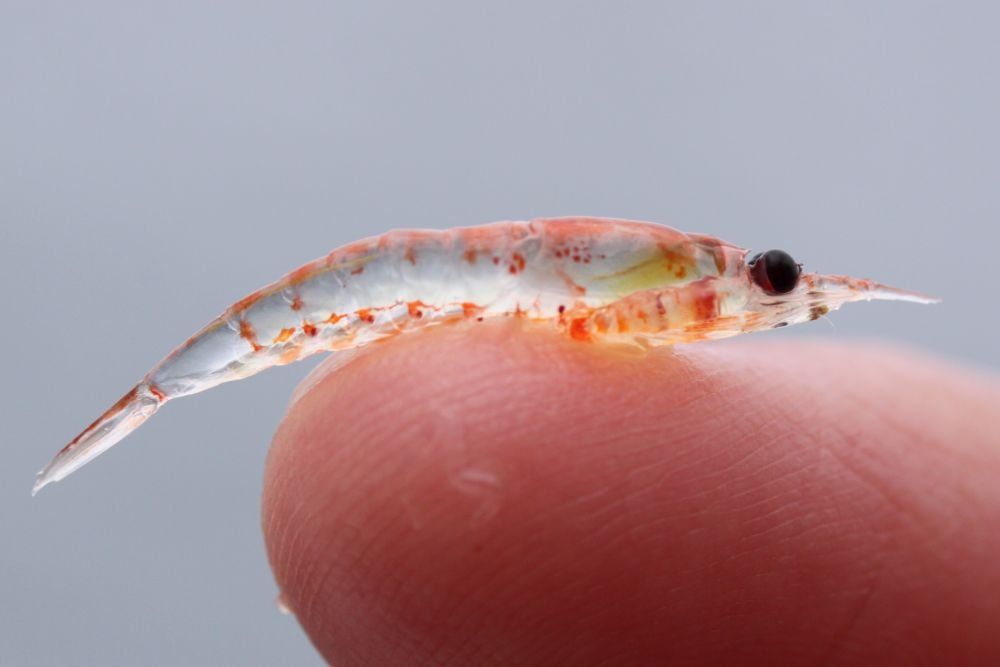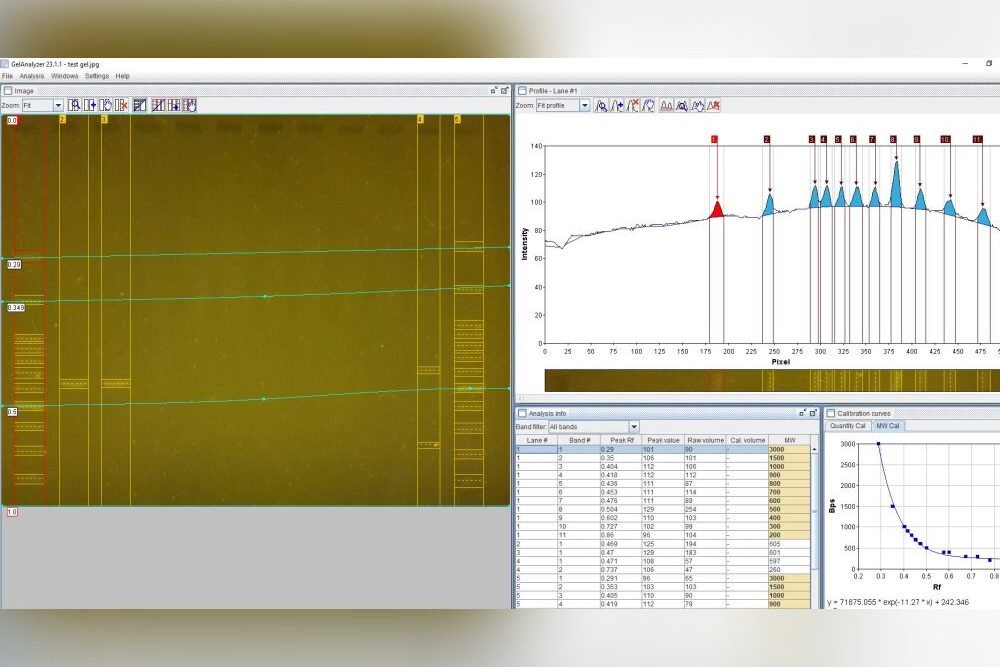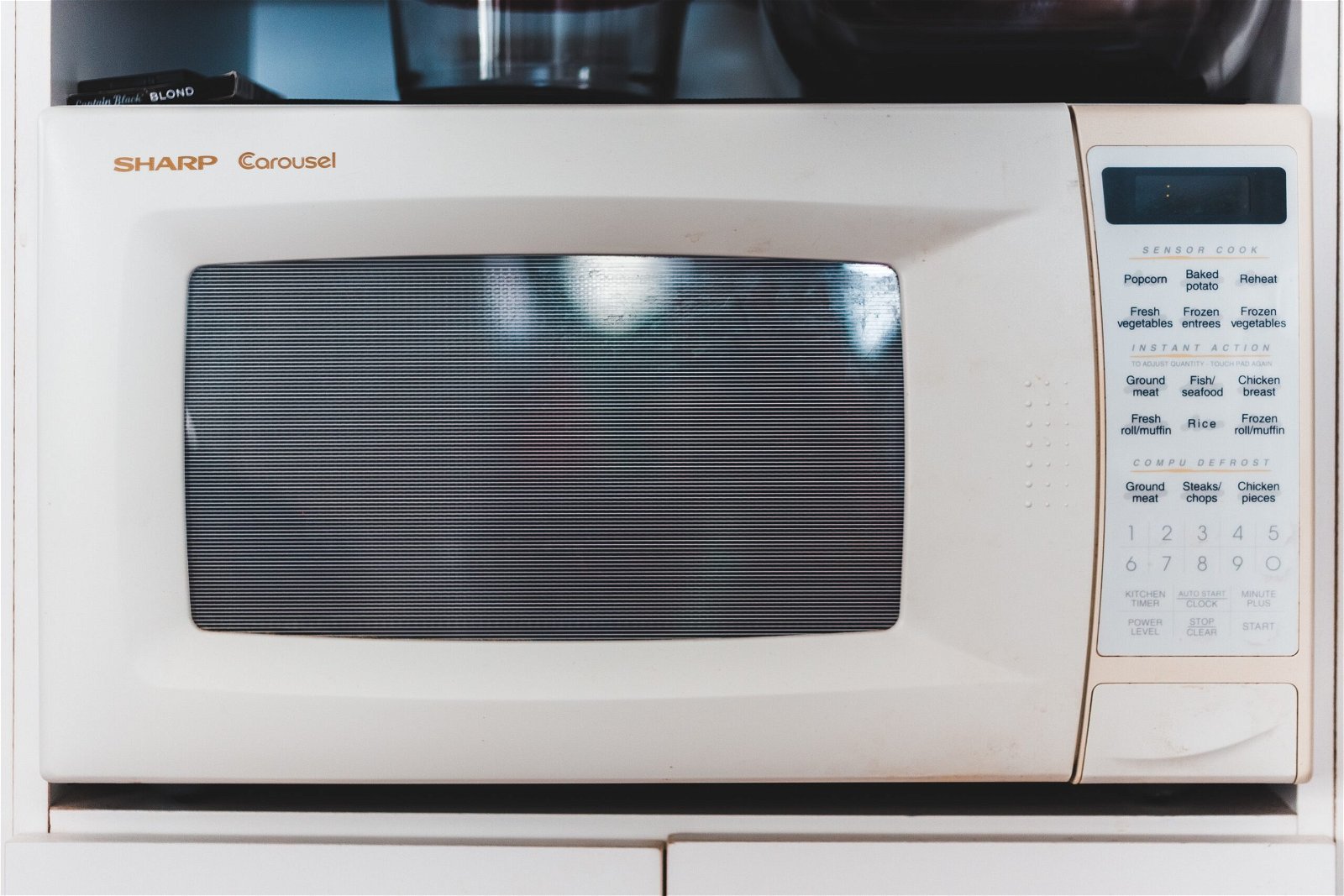Key Points
- Portable labs can be used for pre-sequencing steps like in‐field DNA extraction and library preparation, outside of traditional lab settings.
- Bacteria and resistance genes were detected in environmental and food samples, including lake water, sludge, and chicken meat.
- The study explores how antimicrobial resistance research can be carried out in the field without a full laboratory.
We’re excited to share a great new proof-of-concept study preprint!
This study from Pillay et al. (2024) shows portable in-field DNA sequencing to detect pathogens & their antimicrobial resistance from retail meat, lake water & wastewater treatment sludge, using Bento Lab and Oxford Nanopore Technologies MinION!
The authors, Stephanie Pillay, David Calderón Franco, and Thomas Abeel, aim to develop an effective, cost-effective, and portable surveillance workflow for the detection of microbial pathogens and their antimicrobial resistance genes, using Oxford Nanopore MinION, Flongle flow cells, and Bento Lab as a portable PCR workstation.
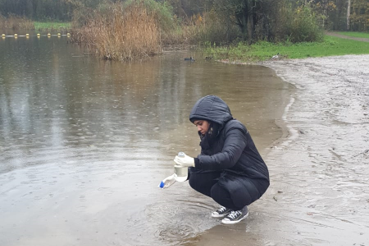
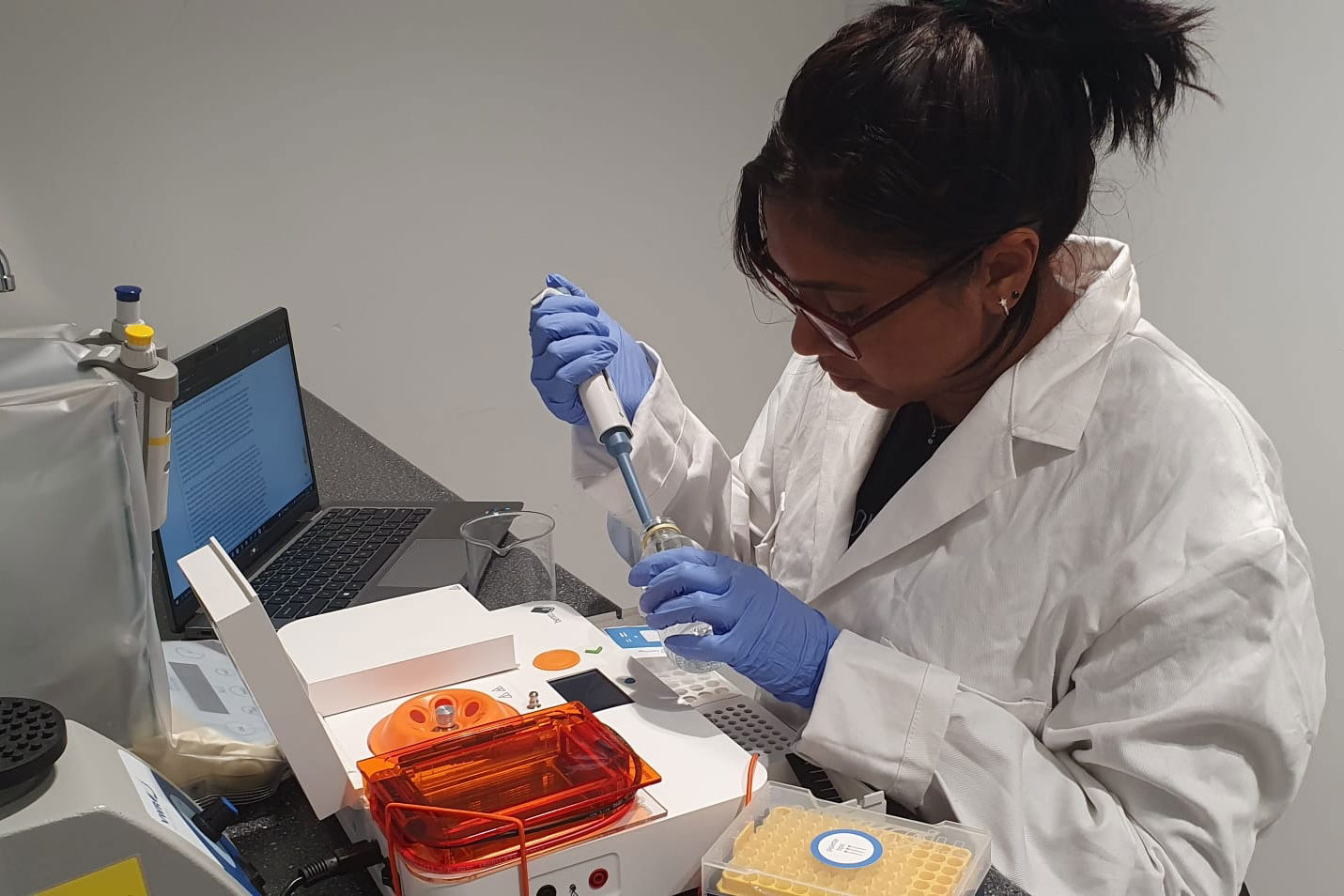
Approach: Developing a Portable Workflow
To do this, the team modified protocols for two different spin column-based DNA extraction kits (DNeasy PowerWater DNA kit, and DNeasy PowerWater DNA kit, from Qiagen) to work with reduced spin speeds and longer spin durations, thereby allowing the kits to be used with Bento Lab’s centrifuge with a maximum relative centrifugal force of 8,000 x G.
They then tested these protocols to extract high-quality DNA from three potential reservoirs of antimicrobial-resistant bacteria: retail meat, wastewater sludge, and lake water samples.
To compare the performance of the portable workflow with a traditional lab, they also ran the same extractions with standard protocols using conventional laboratory equipment.
The extracted DNA was used for DNA library preparation using Bento Lab and the ONT Rapid Sequencing Kit V.14, and the libraries sequenced using ONT Flongle for 24 hours, using MinKnow GUI to set sequencing and base-calling parameters.
Bioinformatics Analysis
Once the sequencing was done, antibiotic resistance genes were detected using BLAST searching against the Comprehensive Antibiotic Resistance Database (CARD) v.4.0.2. Reads were also classified as plasmids (or not) according to Plasclass v.0.1.1., and cross-referenced with the antimicrobial resistance gene sequences to detect the presence of the genes within the plasmids.
Takeaways
The authors found that although there were differences between the field protocol and conventional lab results in terms of reads, metagenomic bacterial isolation and sequencing from these different sample types were feasible using their field protocols with Bento Lab:
⭐ The DNA extraction protocols gave sufficient DNA yield and quality for sequencing, although there was some variability between the two different workflows
⭐ Sequencing samples extracted using the Bento Lab gave similar results to those extracted using conventional lab equipment, with a high degree of similarity in the top 20 most abundant species.
⭐ Pathogens were detected in chicken and lake samples using Bento Lab, although there was an issue with obtaining reads from waste water sludge samples
⭐ Antimicrobial-resistant genes and plasmids were identified in retail meat and lake samples using Bento Lab
Although many differences were observed between the Bento Lab and traditional lab results, these appear to result from differing read numbers between samples, especially after passing the QC process.
Interestingly, in the chicken and lake water samples Bento Lab produced greater numbers of reads, classified genera, and numbers of OTUs than the traditional laboratory workflow, although this was probably due to the early stage “proof-of-concept” nature of this research rather than anything else.
Conversely, the Bento Lab workflow was not able to produce a sufficient number of reads for the waste water sludge samples, possibly because of insufficient DNA fragmentation before sequencing.
However, overall the authors concluded that:
[The study] demonstrates that in-field DNA isolation and sequencing are feasible with minimal equipment, yielding results comparable to traditional lab methods.
And that “our proof-of-concept study has shown that the pre-sequencing steps can be achieved by using a portable pro-level Bento lab.”
We look forward to seeing future developments!
Read the Study
You can read the article here:
What equipment did the team use?
The team used a portable setup including:
- Bento Lab (Pro model)
- Oxford Nanopore MinION with Flongle adaptor
- Qubit 3 Fluorometer
- DNA extraction kits (Qiagen DNeasy PowerWater and Qiagen DNeasy Ultraclean Microbial)
- 0.2 µm cellulose filters and vacuum pump (for filtering water)
- Eppendorf tubes (1.5 mL and 2 mL)
- Pipettes, tubes, and modified spin columns
- Modified spin columns (compatible with Bento Lab)
- Zymobiomics microbial community standard (as a control)
For more details, explore the paper: Pillay et al. (2024)
